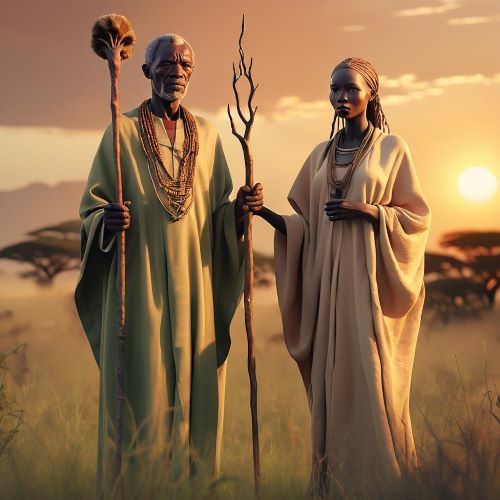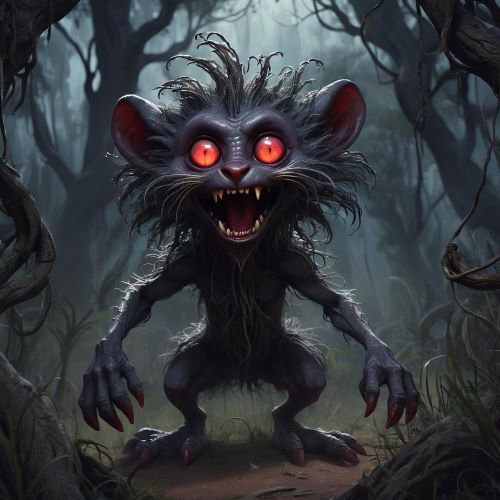Xhosa Mythology
Xhosa mythology, a vibrant tapestry of beliefs and stories, offers a profound insight into the worldview of the Xhosa people, primarily inhabiting the Eastern Cape province of South Africa. Central to their cosmology is the concept of a supreme being, often referred to as Unkulunkulu, the Great Father. Similar to other Nguni groups, the Xhosa believe that Unkulunkulu created the world and humanity but withdrew, leaving humans to govern themselves. However, unlike other Nguni groups, the Xhosa have a more complex pantheon of deities and ancestral spirits.
A key aspect of Xhosa mythology is the belief in a multitude of spirits, including those associated with natural elements, animals, and ancestors. These spirits are believed to influence human affairs and require appeasement through rituals and offerings. The concept of ubuntu, meaning humanity or interconnectedness, is deeply ingrained in Xhosa spirituality, emphasizing the importance of harmony with nature and fellow human beings. Ancestral spirits, known as Amadlozi, are particularly revered, and their guidance is sought through divination and dreams.
The Xhosa have a rich oral tradition, with stories and legends passed down through generations. These narratives often feature animal characters that symbolize human qualities and teach valuable lessons. The trickster figure, represented by animals like the hare or the chameleon, is a common motif in Xhosa folklore. Myths and legends also explore themes of creation, heroism, and the afterlife. The Xhosa people possess a deep connection to the land, and their mythology reflects this bond, with stories that celebrate the natural world and its inhabitants.
While Xhosa mythology has faced challenges due to colonization and modernization, efforts are being made to revitalize and preserve this rich cultural heritage. By documenting and sharing their stories, the Xhosa people are working to ensure that their unique worldview continues to inspire and shape future generations.


